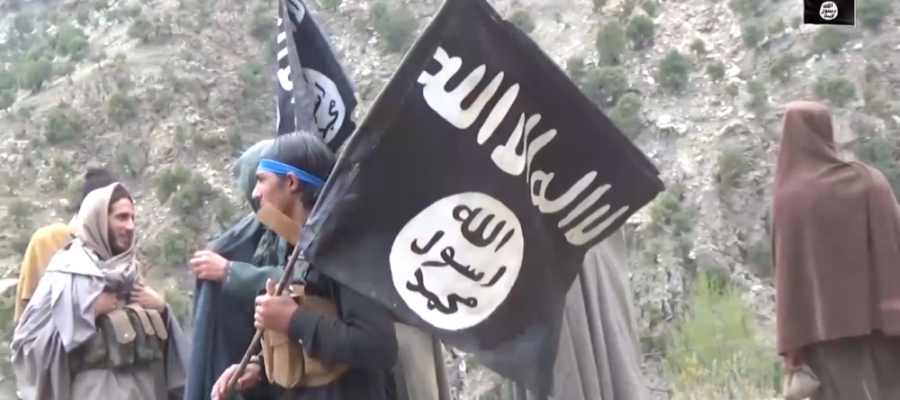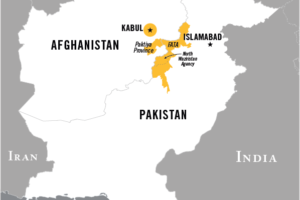The chaotic withdrawal of US and NATO forces from Afghanistan in August 2021 has opened the door for the Taliban to retake power, but it has also created an opportunity for other extremist groups to flourish. Among them is ISIS-K (Islamic State – Khorasan Province), which has emerged as a major rival to the Taliban and a growing threat to regional and global security.
Despite the Taliban’s deal with the US not to allow Afghanistan to become a safe haven for terrorist groups, ISIS-K has established a significant presence in the country. The group’s core cells are concentrated in eastern provinces, but it has also gained a foothold in Kabul and other areas. With an estimated 1,000 to 3,000 members, ISIS-K has been actively recruiting and training new fighters, while also expanding its operations beyond Afghanistan’s borders.
As the Taliban struggles to maintain control of the country, ISIS-K has been making inroads in areas where the Taliban’s grip is weakest. The group has been carrying out targeted attacks on civilians, government officials, and military personnel, while also engaging in clashes with the Taliban. In recent months, there have been reports of ISIS-K planning to launch attacks on foreign targets, raising concerns about the group’s global ambitions.
The situation in Afghanistan is dire, with the Taliban and ISIS-K fighting for control of the country and various political and military factions vying for power. The Afghan people are suffering the most, with civilians caught in the crossfire and facing a growing humanitarian crisis. Meanwhile, the international community is watching with growing alarm as the threat of terrorism once again looms large over the region and beyond.
As the Taliban and ISIS-K continue to jockey for position, the risks of a full-scale insurgency and regional destabilization are growing. The world cannot afford to ignore the growing threat of ISIS-K in Afghanistan and must work together to prevent the group from gaining a foothold elsewhere. Failure to do so could have catastrophic consequences for global security and stability.



